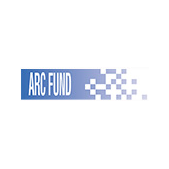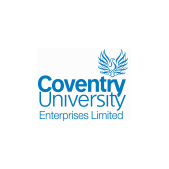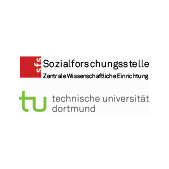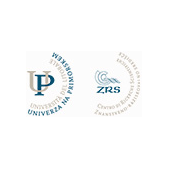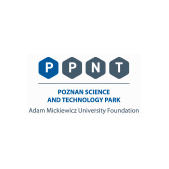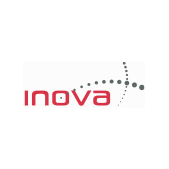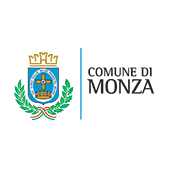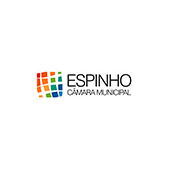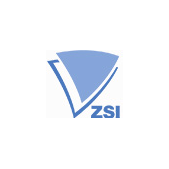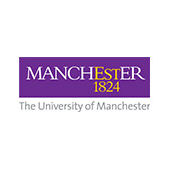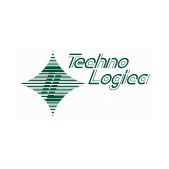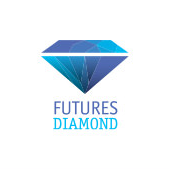Is Europe „Knowledge Future“ ready?
Just recently, the European Commission published a report compiled by an expert group on Foresight on Key Long-term Transformations of European systems: Research, Innovation and Higher Education (KT2050) under the title „The Knowledge Future: Intelligent policy choices for Europe 2050.“ The global trends are imposing challenges as well as opportunities for resseach and innovation in Europe for which solution can be found by transforming knowledge into tangible actions towards competitive Europe. The policy recommendations addressed in the report were built on the premise that Europe’s research, innovation and higher education systems are a foundation for economic growth and social inclusion. According to Carlos Moedas, the European Commissioner for Research, Science and Innovation, who gave a foreword in the report, Europe shall create necessary conditions to exploit and capitalise from the research and innovation results, boost excellence in fundamental research as well as reinforce the international engagement through the science ambasadors. Those were the exact premises based on which the European Commissioner set priorities towards Open Innovation and Science fora Open World and Global dimension.
Leaving premises aside, is Europe „Knowledge Future“ ready? How far are the grounds set for sustainable future built for the wellbeing of its citizens? Can the policy makers translate the challenges and needs into priorities and actions towards „Knowledge Europe?“ To answer these questions in the lieu of challenges and mega trends estimated by 2050, this foresight exercise presented two possible scenarios for Europe, a positive and negative one. As already above noted in the text, research, innovation and education are considered as a knowledge triangle, very much interlinked and causaly intertwined. In a positive scenario, by 2050, Europe is positioned as a knowledge based, competitive economy in the global market, universities are re-shaped and internationally trendy, strongly tied with the regional institutions. Education is „a new fashion,” while teachers are “the most wanted designers,” which “designer clothing” everybody wants to have and “wear.” Academia, SME’s, multinational companies, NGO’s, individuals and other societal actors work together in an open innovation mode, interconnected and unified with a goal to provide solutions to global challenges. Science and Innovation are moved to the new frontiers where the support is provided by all. European cities have been transformed into mega cities and are nurtured by innovation and driven by citizens and stakeholder engagement. Regions are empowered and well governed, while European institutions are strongly supporting the process under more strengthen and coordinating role.
As expected, the negative scenario is turning the positive outcomes into the opposite. Even though this report is a foresight exercise, it is raising very important questions for both European, national and local policy makers to consider as the year 2050 is not that far away and the grounds we build today will lead to results that may be addressed in that European scenario. The expert group working on this report emphasised the following policy recommendations as crucial for Europe to avoid threaths and shortfalls towards sustainability and growth:
- An open knowledge system in Europe
- Flexibility and experimentation in innovation
- European-level cooperation
- Funding and the tax base.
The Knowledge Future Europe, as already above stated in the text, shall be an oasis built for the well-being of its citizens. For policy recommendations to be translated into the real actions with a tangible impact, the broader stakeholder engagement at all levels is essential. The CASI project recognized from the start that the above noted factor is crucial in order to be able to provide an assessment of sustainable innovation and to provide a series of policy recommendations accordingly, due to which multi-learning exercises are the integral part of the project. So far, the three rounds of consultative processes in CASI were carried out through the 1st Citizen Panel Meetings providing an input in the form of citizen visions to an expert meeting that translated these visions into research priorities that were further validated by the citizens during the 2nd Citizen Panel Meetings. The findings of this exercise are inspiring and summarized in the CASI catalogue of 50 CITIZEN VISIONS ON SUSTAINABLE FUTURES as well as in the latest, 8th in series CASI European Policy Brief titled “RESOURCE EFFICIENCY AND SUSTAINABLE LIFESTYLES”. Through the lifecycle of the project, CASI will continue to bring an added value and make contribution through its activities towards the Sustainable, Knowledge Future Europe, thus stayed tuned and follow CASI closely!
Relevant themes:
Sustainable innovation
Relevant tags: Knowledge, future, Europe, Research, Innovation, Education, CASI, policy recommendations, sustainable innovaation, Sustainability




